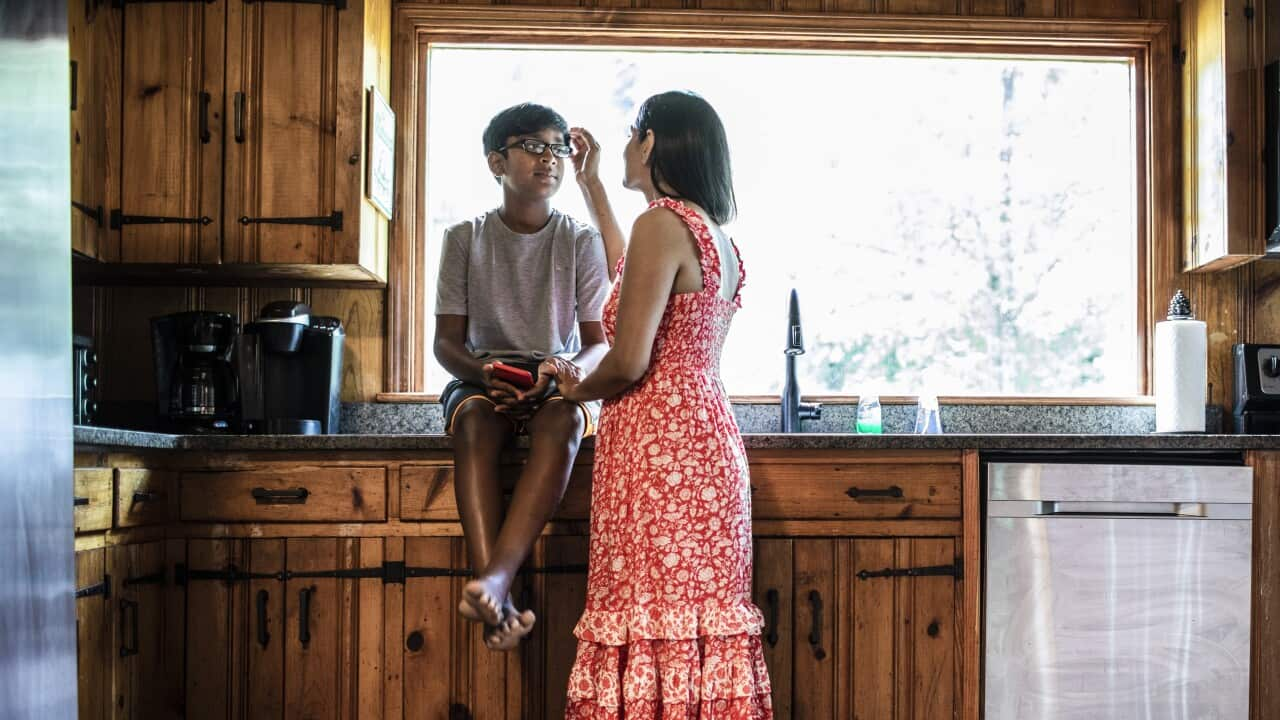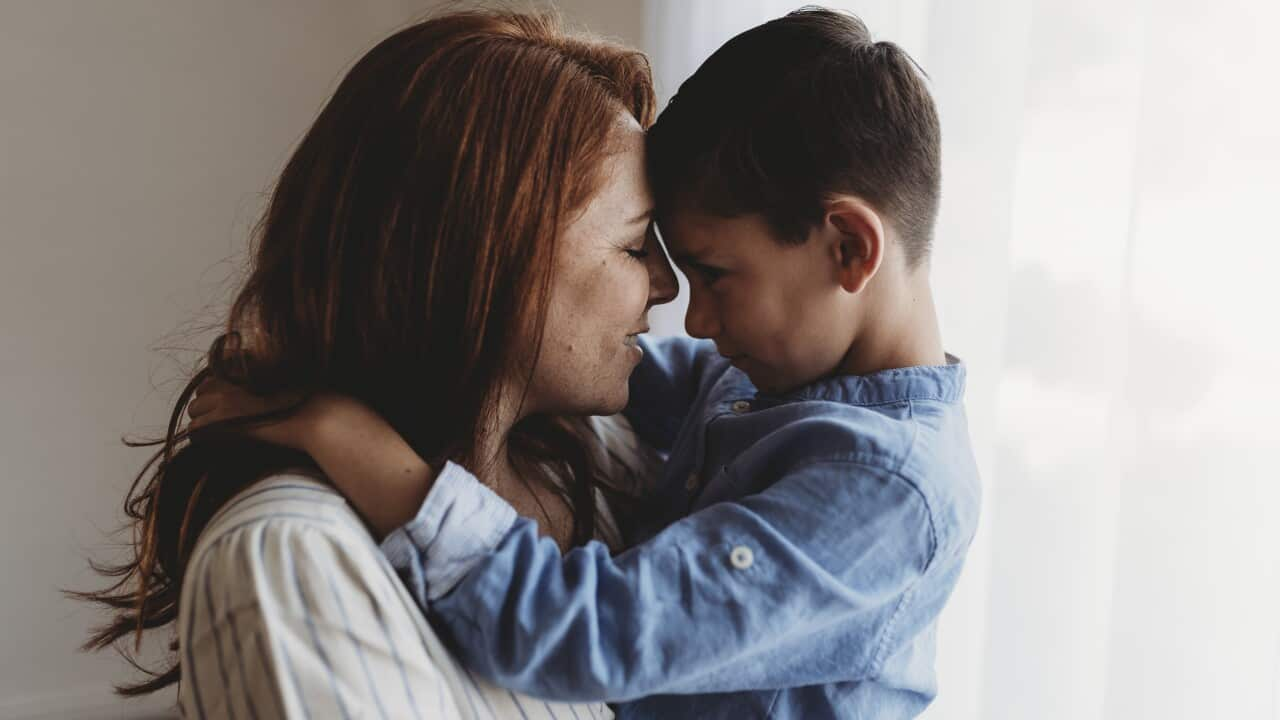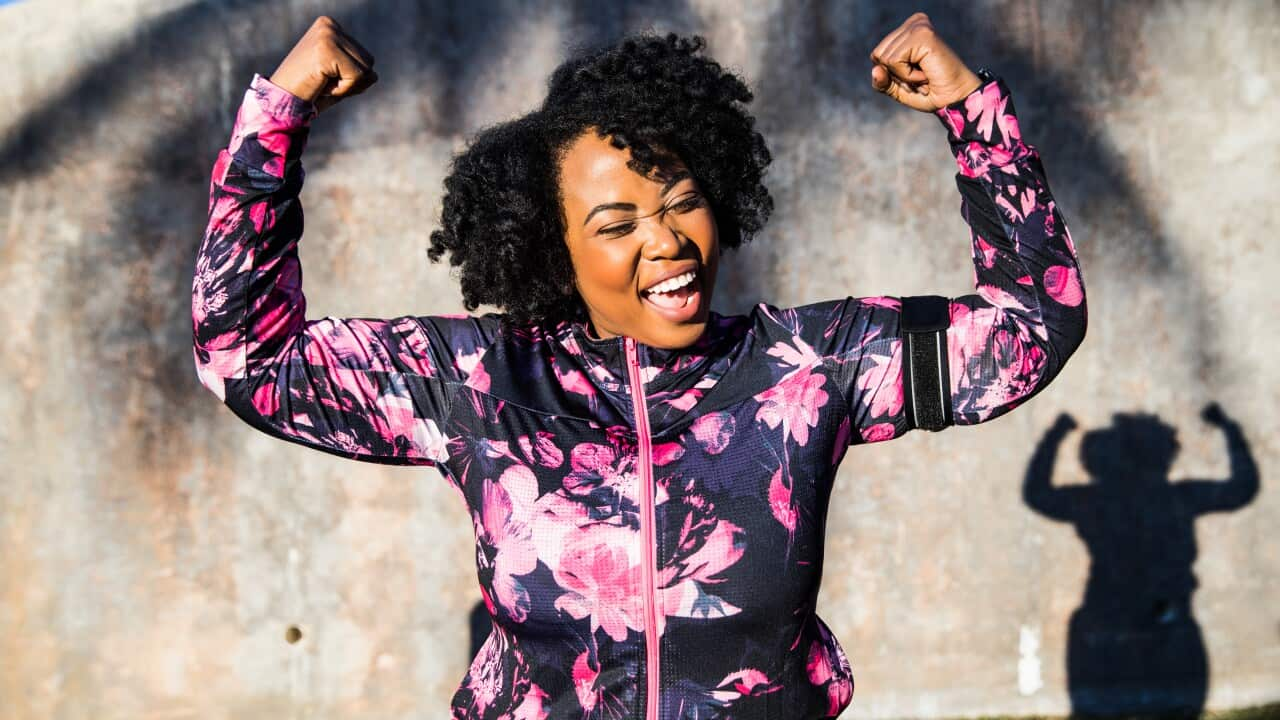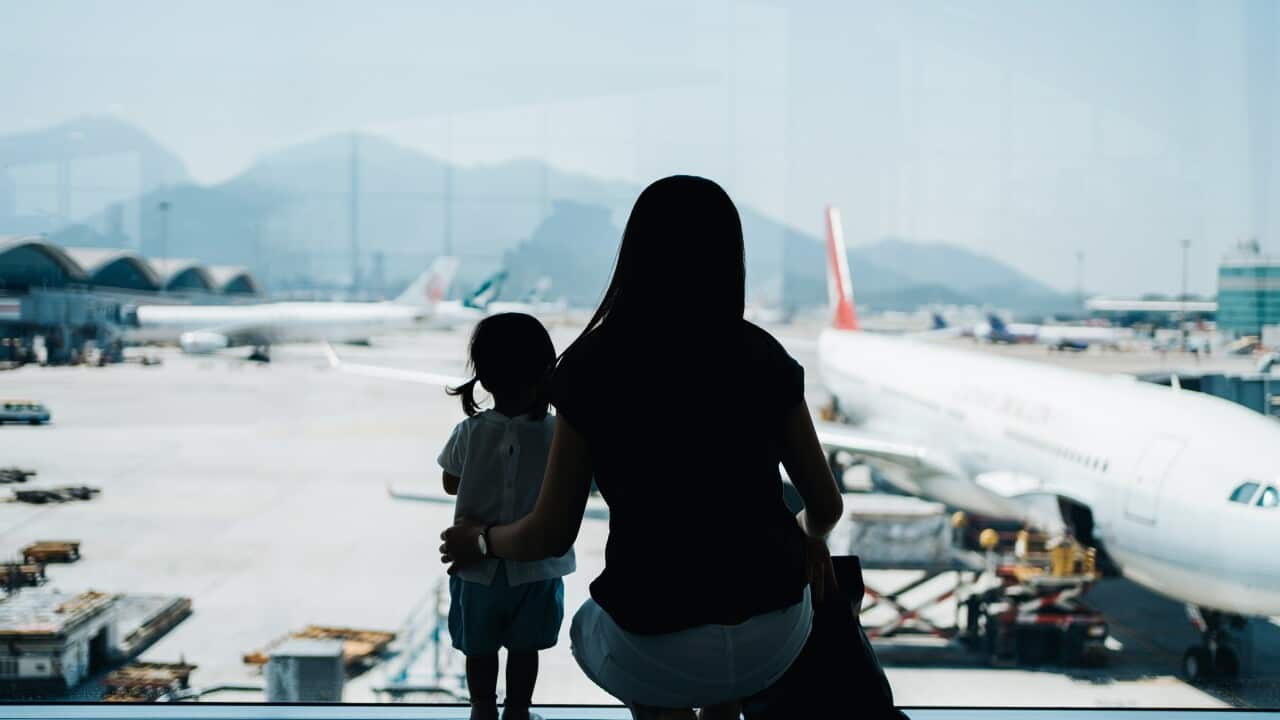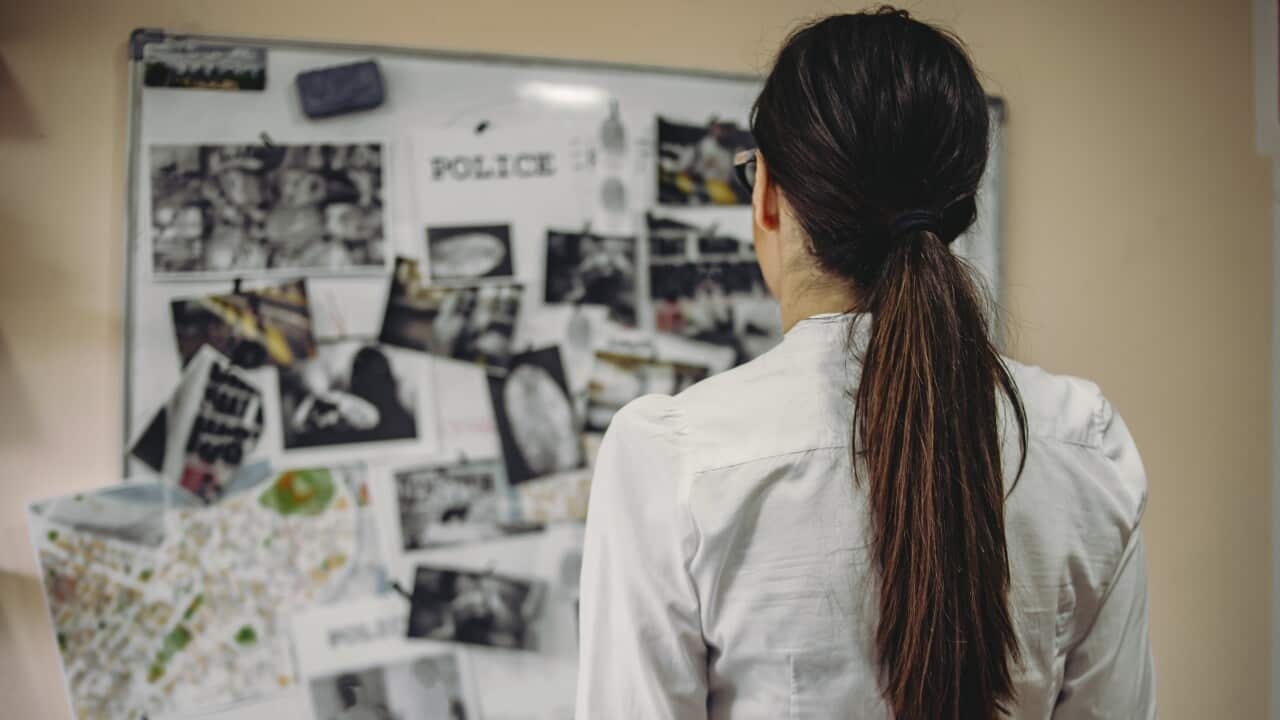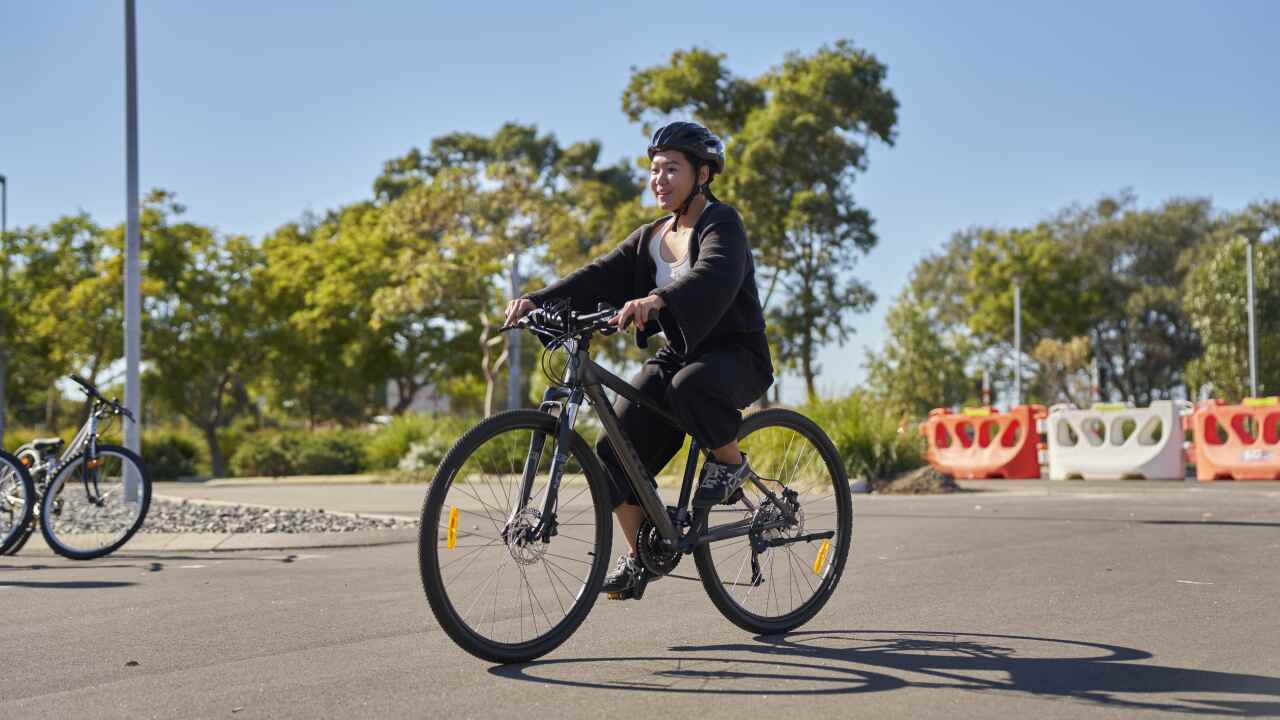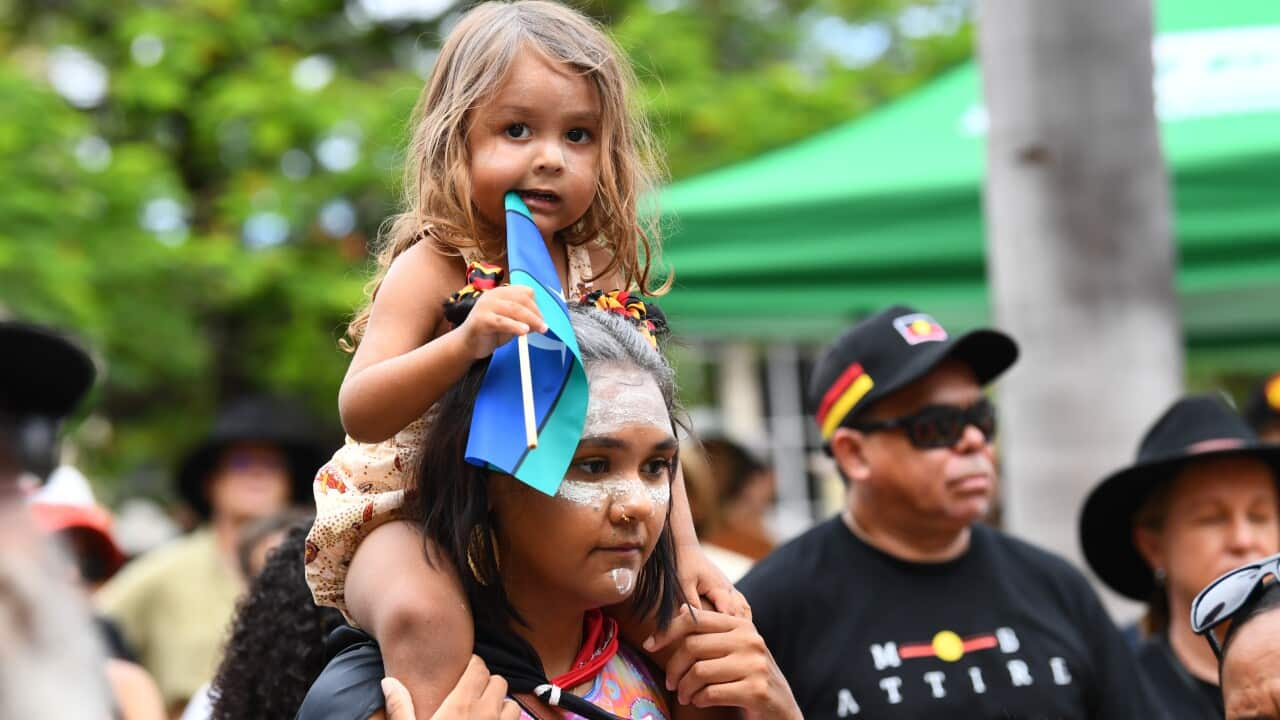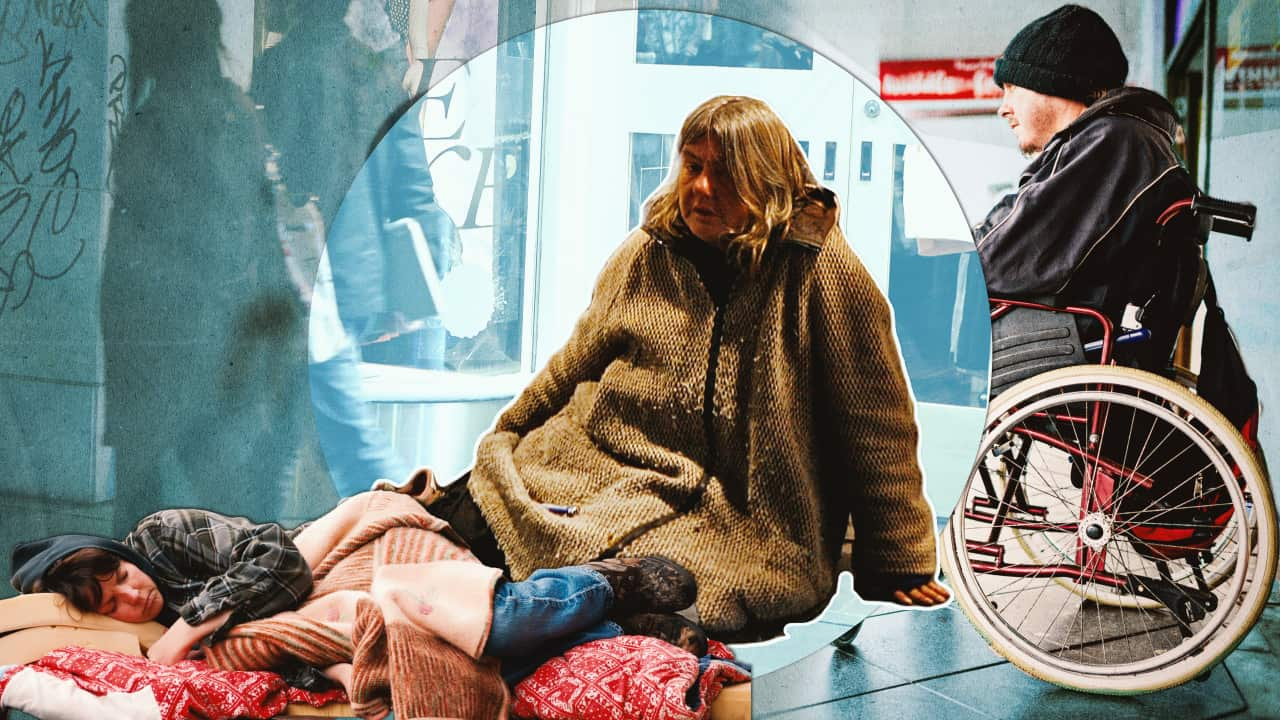Until recently, family or domestic violence were considered a personal issue, not a societal problem. But statistics confirm many in Australia are victims of violence at the hands of a family member.
Victims of family, domestic and sexual violence are overwhelmingly women. One in six women and one in eighteen men have experienced physical or sexual violence by a cohabiting partner.
“Family violence is an umbrella term that is used for any kind of violence that happens in a domestic setting or a family setting,” Dr Nada Ibrahim, a domestic and family violence expert at the University of South Australia's Centre for Child Protection explains.
Family violence can incorporate things like ... intimate partner violence, child abuse, elderly abuse, sibling abuse, or parental abuse. So, any form of violence that happens in a domestic setting.Dr Nada Ibrahim, University of South Australia's Centre for Child Protection
When we talk about domestic violence, it's not just physical. Violence can take many other forms and include psychological abuse, financial abuse, harassment, or coercive control.
Dr Ibrahim says some people still have outdated notions of violence and are unable to recognise that violence can be unintentionally expressed or inflicted in many ways, beyond just physical means.
“Sometimes, a particular culture might not identify domestic violence outside of physical violence. They may identify physical violence, which is not tolerated or accepted in communities because of its visibility, but they might find it really hard to identify some of the challenges of domestic and family violence. Particularly, identifying things like verbal abuse, psychological abuse or financial abuse or social abuse, where they're isolated from communities,” Dr Ibrahim explains.
In some cases, religious beliefs or the pressures of extended family can add complexity to a domestic violence situation.
Given not all family violence agencies are equipped to deal with cross-cultural nuances, there are many organisations in Australia, such as , that specialise in issues of family violence in migrant and refugee communities.
Anu Krishnan is the Director of Kulturebrille, a cross-cultural consultancy firm which also helps organisations better engage with culturally and linguistically diverse clients in family violence prevention and other issues.
She warns the pressures of migration can sometimes become a catalyst for domestic abuse.
“With the migrant community, they have the added stress of coping with life in a new culture, issues with finding relevant jobs and career opportunities. Very often they are challenged by the gender balances that are different than in their home country, and the exposure to a completely new and freer culture.”
Ms Krishnan also emphasises family violence prevention is only effective when the whole community is involved.
“There has to be a lot of support, so women feel brave or confident enough to ask for help … Very often, because of the shame of reporting intimate partner violence, women don't. We need to remove that shame and tell them it's OK to talk about it, they're not to be blamed,” she says.
[We] also need programs to raise awareness from inside the community, so other community members can rally and help a woman who is experiencing domestic violence, so she doesn't feel like she's being abandoned.Anu Krishnan, Director of Kulturebrille
Ms Krishnan says migrant women also face additional barriers when they try to get help. They're often isolated and don't know where to go.
“They are scared to report, and even if they do report, where will they go? They're not used to taking help for people or going into women's shelters. They often have preconceived ideas about what these shelters look like.
"Many women have issues with their visas, so they might be depending on their partner for living expenses. Sometimes they don't have the ability to take their children and move.”
Wendy Lobwein is the Senior Manager of the Prevention of Violence Against Women Program for AMES Australia, an organisation that supports new migrants in their settlement journey.
She says it's crucial for men to also be included in these initiatives.
“Men can really play such an important role, which is advocating for respectful relationships between men and women and respectful attitudes towards women and challenge each other when they show these attitudes that trivialise women's experience or violence against women.”
READ MORE

How can you ensure sexual consent?
There are currently several services available to migrant women who fall victim of family violence.
Many of these work with interpreters to provide support in all languages.
If you are experiencing domestic abuse, you can also report this to your GP, who can then advise you and refer you to relevant services near you.
But if you're in immediate danger, Ms Lobwein says you must not hesitate to call triple zero.
“I know a lot of women have confided being frightened of the police being involved. They think it will be the beginning of the destruction or breakdown of their family. But police are increasingly being trained in response which is around making sure that people are safe, not around ending marriages or relationships.
Where to get help:
- If you're a victim of family violence or know someone who is, you can call to get help.
- If you require emotional support, you can contact , on 13 11 14 or on 1800 22 46 36.
- If you need an interpreter, call 13 14 50.
SBS Original thriller series Safe Home premieres with a double episode on Thursday 11 May at 8.30pm on SBS and .
Safe Home is a gripping drama that looks at the stories behind the headlines of the family violence epidemic. The people behind the numbers, the stories behind the statistics

